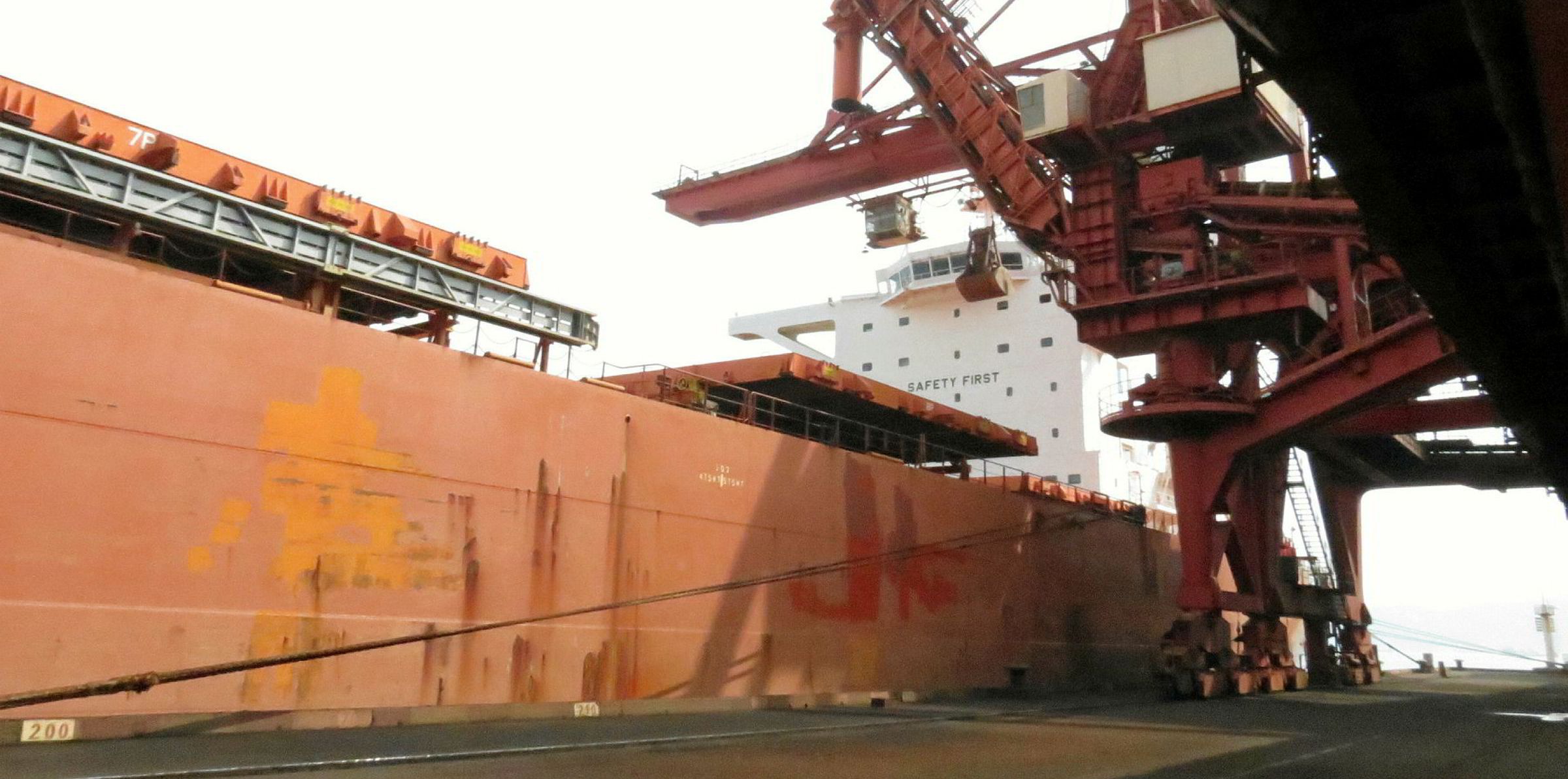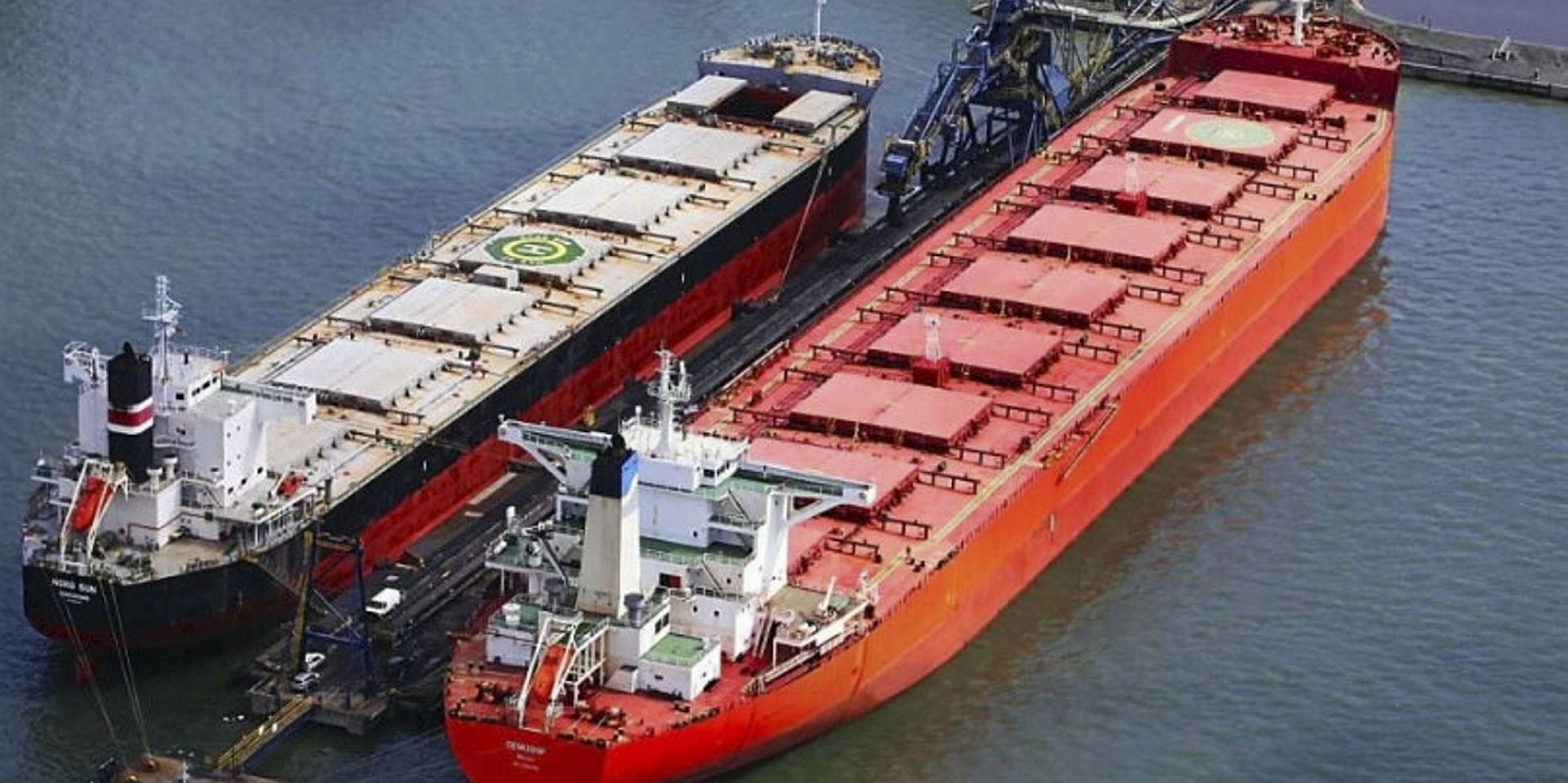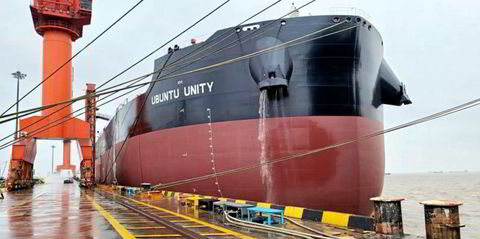Nippon Steel, Japan’s largest iron importer, is set to close four blast furnaces and cut production by 10% as it restructures its business to cope with lower demand and rising losses.
The decision comes as another blow to the beleaguered capesize bulker market after the Baltic Capesize Index slumped to a historic low this month.
Sources said Nippon Steel’s decision could potentially reduce long-haul iron-ore import demand by around 10m tonnes annually, roughly amounting to a year’s work for 10 capesize bulk carriers. The move could also affect the seaborne export of steel products from Japan.
Nippon Steel imports most of its iron ore from Brazil.
Nippon Steel currently produces around 54m tonnes of crude steel annually from 15 blast furnaces. Its plan is to cut four furnaces by closing its steel mill at Kure by the end of September 2023 and closing two blast furnaces at its Wakayama steel plant in 2024.
The measures were announced after Nippon Steel said it is on course to record ¥440bn ($4bn) in losses in its full fiscal year to March 2020. Part of the losses have been attributed to corporate restructuring.
Akio Migita, executive vice president of Nippon Steel, said at a news conference that the US-China trade war had added to its losses.
He said: “We have been facing unprecedented harsh conditions with steel demand from the manufacturing industry declining and steel prices slumping amid the US-China trade war.”
Demand decline
However, the move will also be taken as another indication of the long-term decline in Japanese steel production and iron-ore imports.
A brief boost to steel production from construction work related to the upcoming Tokyo Olympics now appears to be over.
In 2019, according to figures from the Japan Iron and Steel Federation, steel production fell to 99.2m tonnes, below 100m tonnes for the first time in a decade.
Around 70% of Nippon Steel’s iron-ore imports are handled by its capesize bulk carriers and VLOCs on long-term charters or consecutive voyage charters. The rest is covered by short-term contracts and tonnage from the spot market. Its shipping business is mainly managed through subsidiary NS Shipping.
However, production cuts are likely to mean that excess Nippon Steel tonnage will be employed on the spot market, adding to excess tonnage supply.






